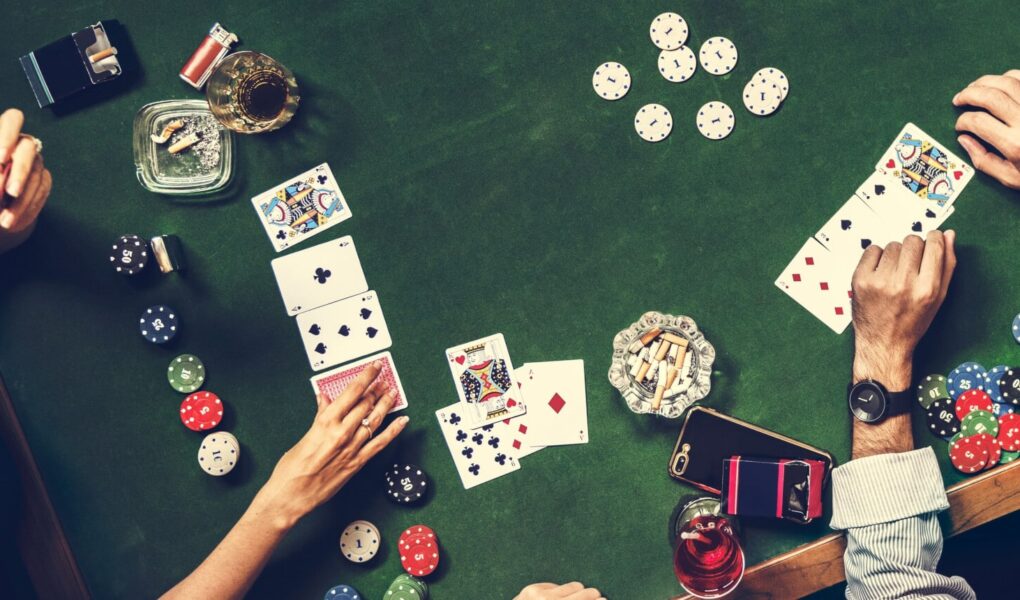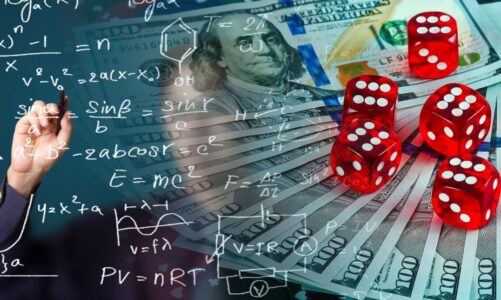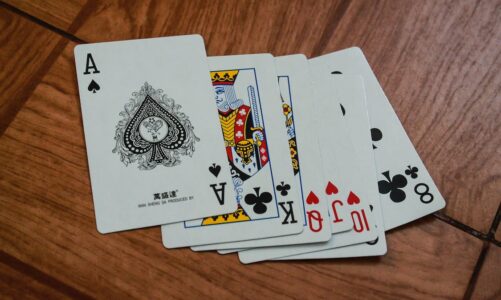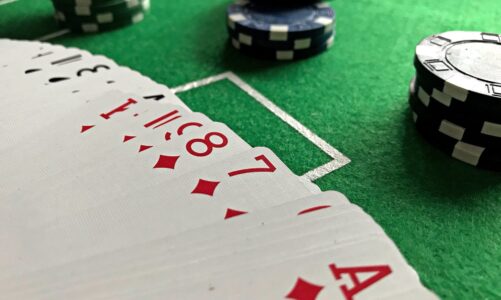Gambling is a game of luck, right?! Well yes, but it is also a game of math and statistics. Most of you out there probably play for fun not giving math and statistics a second thought in the process. Is that right or should you utilize the power of math and statistics to see if you have a chance of winning today? Most players banned from casinos would say no. doing math, counting cards and trying to beat the system or a game can result in a ban from a casino and other implications.
Despite this many have tried card counting, and math utilization to tilt the game to their benefit and very few of them made it. Today we will be focusing on statistics where it stands and how it is used in gambling. Most of you probably used statistics once in while when you are on a roulette table for instance. You like to play your odds on black or white, and maybe once or twice you have asked yourself what is the odd/chance that the ball will land on two reds twice in a row.
That is statistics for you but, a very simplified one. Stick with us as we try to explain this a bit in-depth and if you want to test your luck after you learn something new, check out www.bestcasinositesonline.com and find the best casino for this yourself. According to conventional economic rules, casinos shouldn’t exist in the first place because according to those rules’ humans are rational.
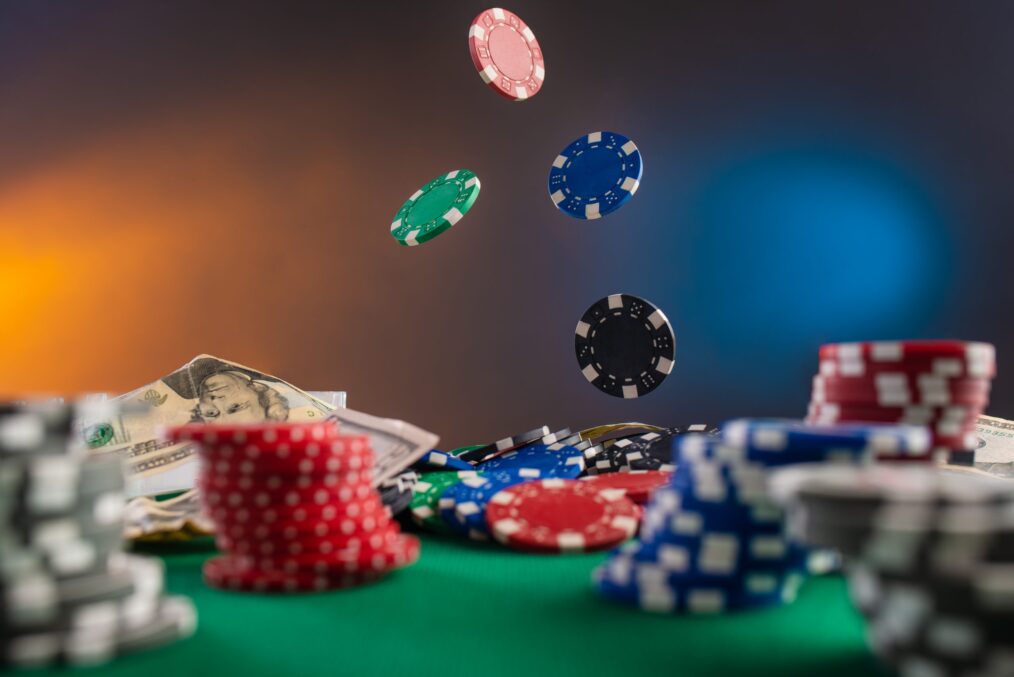
These rules would predict that if someone offered you a deal where you gave them $100 and you get $94.80 back you wouldn’t take that deal right?! Well, we are all not rational and this postulation is wrong because for some reason all of us perfectly intelligent people head down to the casino, sit at the roulette table and in essence take that exact deal we just mentioned.
American roulette table, which will be our main example, has 38 numbers on it with zero and double zero, and numbers 1 through 36. The best odds on the table are on the red, black, odd and even boxes. If you bet a $5 chip on red and balls falls on the red number you double your money. But, if the ball falls on zero or double zero you lose because those are not red nor black, and not odd nor even numbers.
If these two didn’t exist then playing roulette would make perfect sense because you could play an infinite amount of times you would leave with the same amount of money because there would be a 50% chance of doubling it each time you play. The reality is a bit different and because of those zeros the odds of doubling your money fall to 47.4%. this means that for every dollar you put down you can expect to lose a little over 5 cents each time the roulette spins.
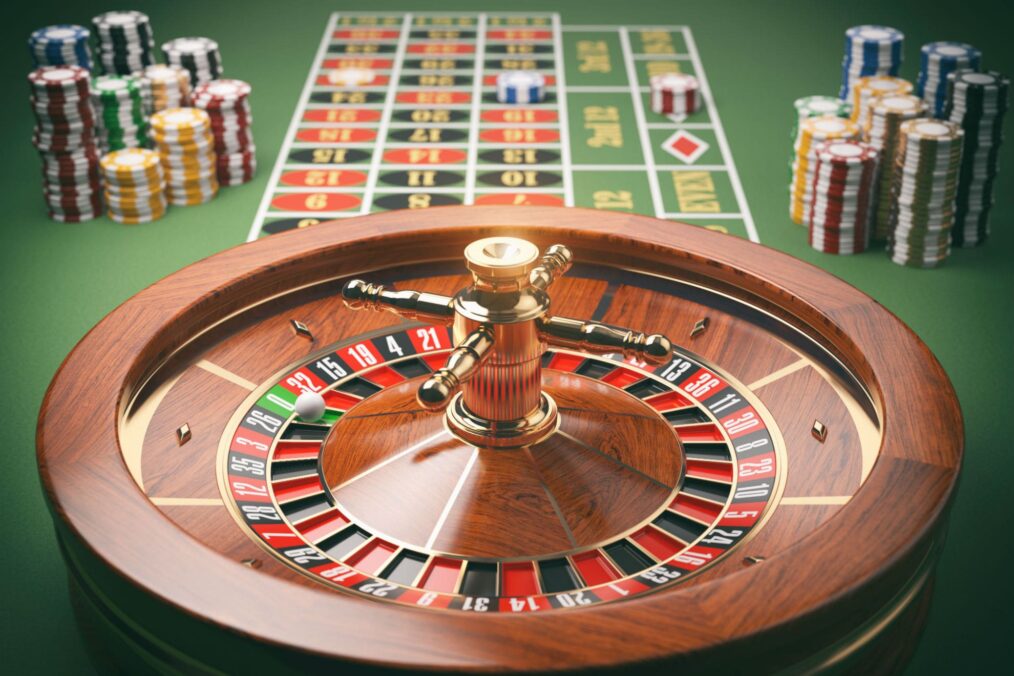
If you still wonder how statistics comes up in gambling let us show you another research performed. You will be amazed by the results and you will probably have a somewhat better understanding of what statistics show in gambling and why do we humans operate as we do.
Now people were given a 100% chance of winning $5 and an 80% chance of winning $6.25. the result of choice showed us that statistically with lower odds people don’t like to risk and over 70% of people answered that they would take the sure $5. This is the fear of losing which is bigger than the fear of winning even though these two odds essentially offer the same amounts. 80% of $6.25 is exactly $5 anyways.
When offered different odds like 100% for $5 and 25% for $20 (again same value) people tend to shift toward gambling a bit. In this situation, we saw a rise in people wanting to take the 25% odds and we saw a 50/50 split in their decisions.
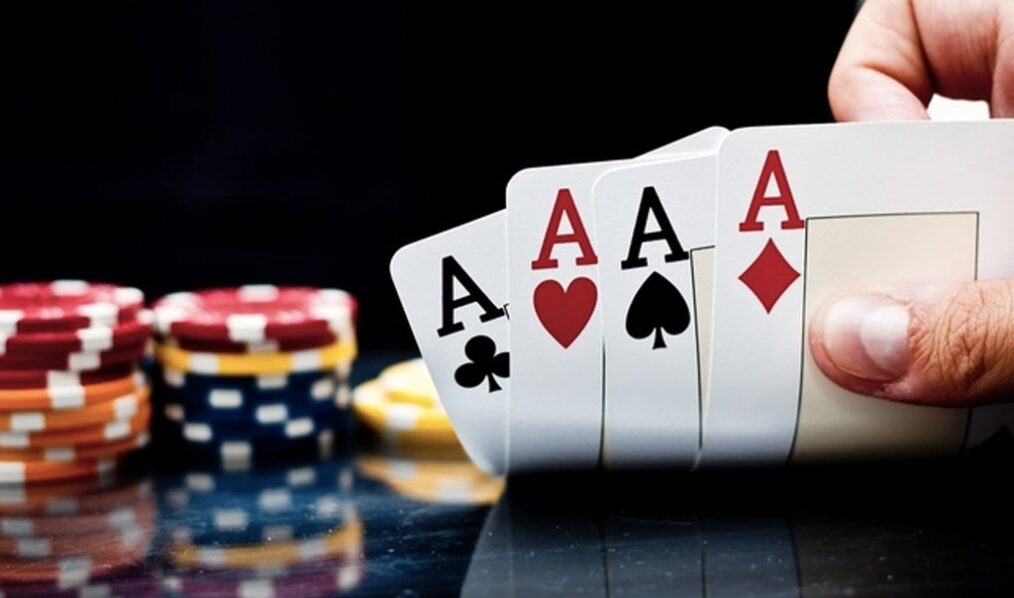
When the odds were increased to 100% of $5 and 0,5% of $1.000 the story changes a lot and now we see a lot of gamblers stacking up to take the low odds since the money is a bit more presentable, but in reality, it still is the same amount of cash. When this was stacked up against each other we saw that people prefer to gamble and 64% of people took the gambling route.
We as humans like low-probability risk, we like a small chance of winning big over a certain gain. This is also very visible when it comes to gambling on horse racing. The top horse gets like 2/1 odds and the worse horse gets 200/1. Most gamblers will go for the bad horse just because the profits if he wins, are much bigger but also because we like betting on underdogs. This reason is why the odds on this horse are lower than they should be because he is much worse than 200/1 odds and the top horse is much better than 2/1 odds.
The question on why we do this is a bit tougher and it has been simply explained – because we overweight the impact and chances of extremely low-probability events. This has also been used to explain why people are so afraid of terrorism and plane crashes despite the chances of dying being either small to none. It doesn’t matter if you know that the odds are not in your favour like with the lottery or the casino. What we all go for is the risk that comes attached to large returns and this is mostly why gambling works so well.
Maybe this was all complicated to follow but statistics and gambling are closely tied and in aid comes psychology as well. Casinos always profit and they profit from the statistics specifically. They are aware that if they offer you a chance that for $1 you might win $500, we will all come flying in even the odds to win that amount of money are slim to none. But our psychology is what drives us toward this and with one simple explanation we all give to ourselves – “Maybe I will be the lucky one.”

